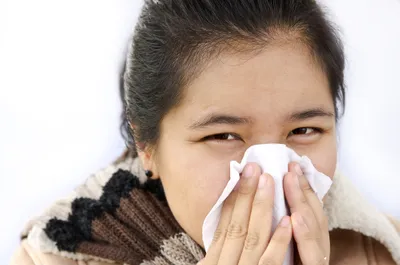
In a recent study called “Identification, Characterization, and Natural Selection of Mutations Driving Airborne Transmission of A/H5N1 Virus”, a team of Dutch researchers at the Erasmus Medical Center evaluated the possibility of H5N1 bird flu spreading to humans.
Their finding: the H5N1 bird flu is only five mutations away from being airborne-transmissible between ferrets, an animal with an airway system that is similar to that found in humans.
“We found that as few as five [mutations] were sufficient to make the virus airborne,” the Dutch research team reported. “For each of these five mutations, we have investigated exactly what the biological traits were that were associated with those mutations.”
Overall, the Dutch team says we need to start planning for the possibility that H5N1 bird flu could soon affect humans.
To prevent an outbreak from occurring, health experts suggest that humans do their best to avoid contact with sick and dying poultry, particularly in regions where the H5N1 has been most destructive (like Asia). Travelers visiting countries known to have experienced H5N1 bird flu outbreaks are also encouraged to avoid public markets where live poultry might be kept and sold.
Finally, experts say it’s important that everyone take care when handling and cooking poultry and eggs.
The Dutch research team’s report has been published in the journal Cell.



